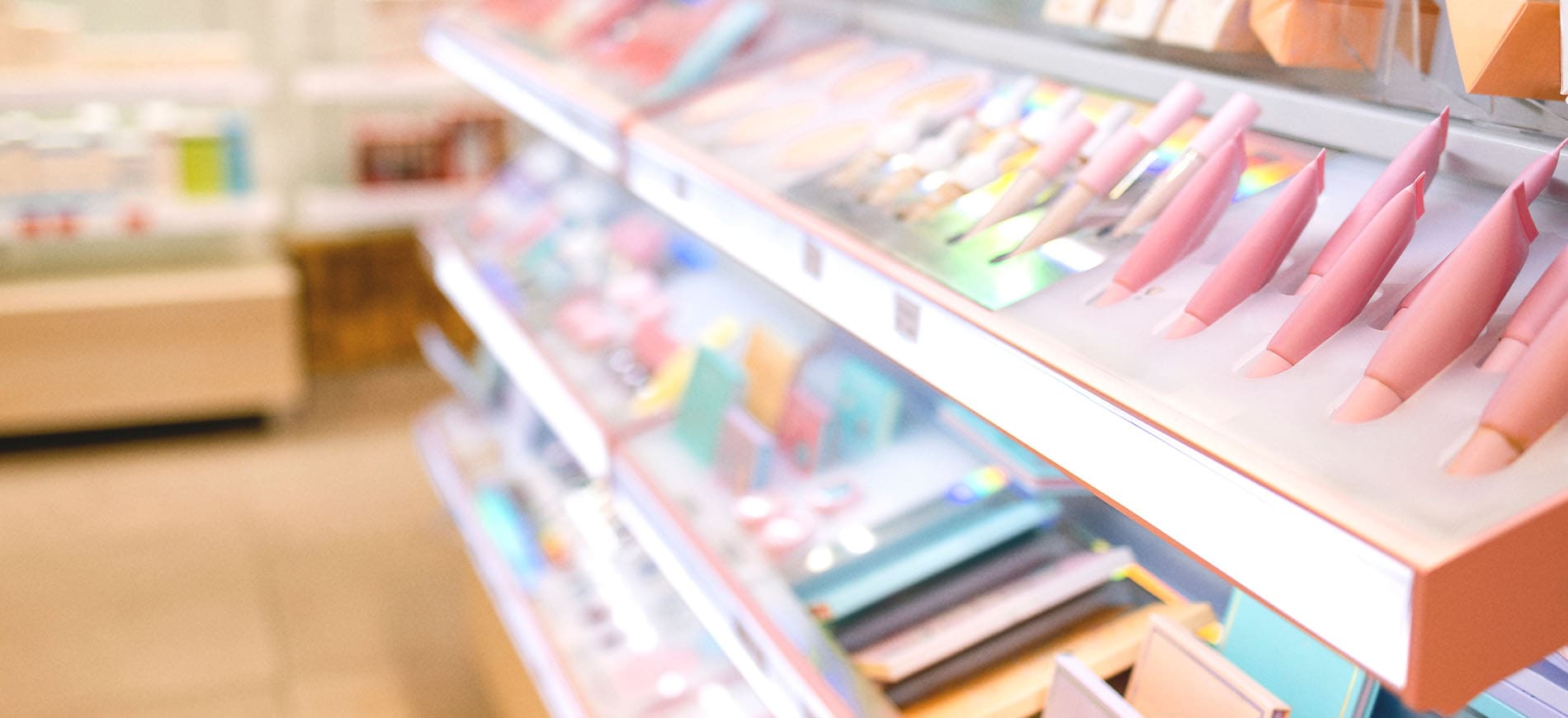This weekend sees the start of the Islamic holy month of Ramadan, with Muslims around the world preparing to take part. Brands can help support Muslim consumers during this period and at the end of Ramadan with the festival of Eid in a sensitive way, while being mindful of the challenges.
Consider how self-care can complement spirituality
Spirituality is the focus of Ramadan for Muslims, and brands can consider how Beauty and Personal Care products can use self-care to complement spirituality. Appearance won’t be a big motivation for Muslims during Ramadan when they aren’t going out as much, however products that can help them elevate the home environment could appeal as well as campaigns that remind them to take care of themselves. Fasting can wreak havoc on skin/lips and so hydrating products will appeal, as well as easy-to-use beauty products for the busy days of Ramadan. Unscented/flavoured products can also help – as you don’t want to accidentally taste your flavoured lip balm when you’re fasting!
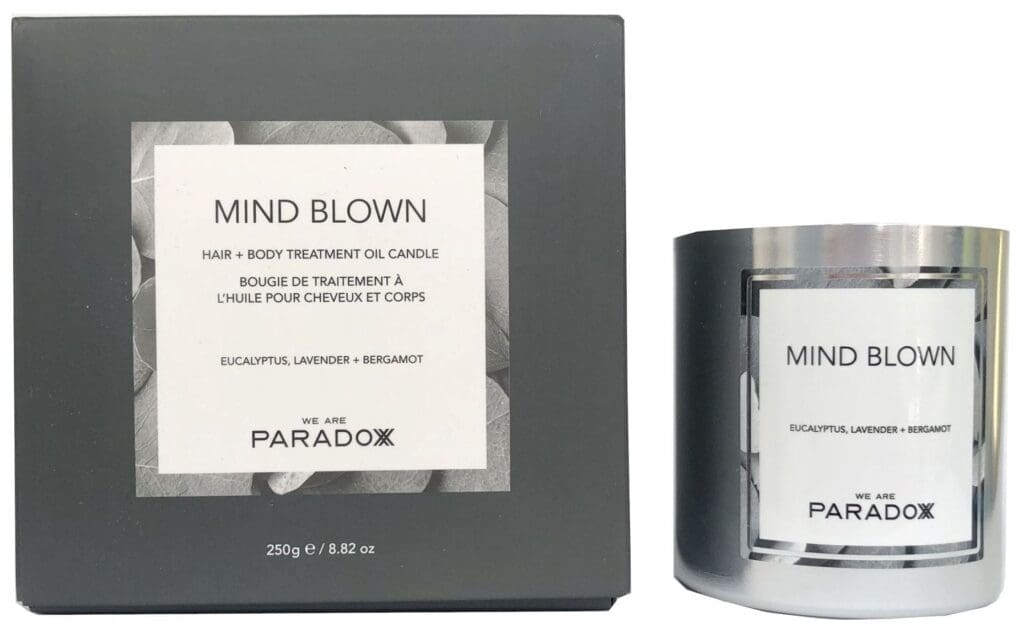
Be careful of the consumerism mindset
Ramadan and Eid are both very spiritual occasions, and Ramadan is considered a time where Muslims almost retreat from all the ‘worldly’ distractions and focus on their spiritual betterment. An aspect of that is rejecting consumerism, and so a campaign that encourages Muslim consumers to buy something is essentially going against the essence of what Ramadan stands for. Marketers would do well to understand the significance behind this time of year, and promote those things that are important to Muslim consumers.
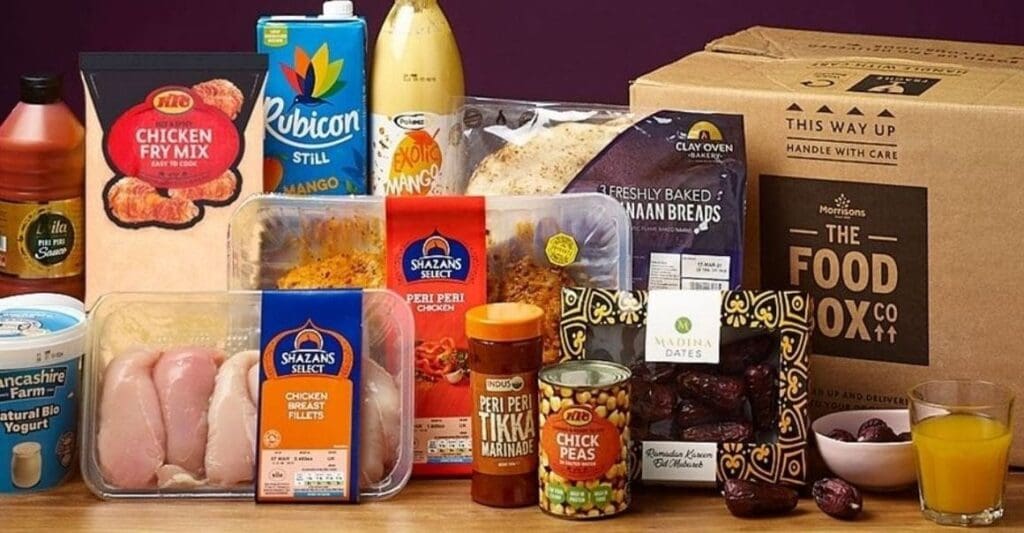
Beauty and personal care brands can learn from the supermarkets in the UK, who have come to do this really well in recent years, particularly in areas with high Muslim populations. For example, through Ramadan discounts/offers on food/drink that Muslims stock up on, as well as collaborations with food influencers to promote recipes.
Align with the giving spirit of Ramadan
We know that conscious consumerism is on the rise and during Ramadan, Muslims are encouraged to give through acts of charity. Brands can tap into this and launch Ramadan-themed charitable initiatives, or donate to causes that are important to Muslim communities. This year Asda has announced donating £100k to FareShare to support Muslim charities and community groups across the country.
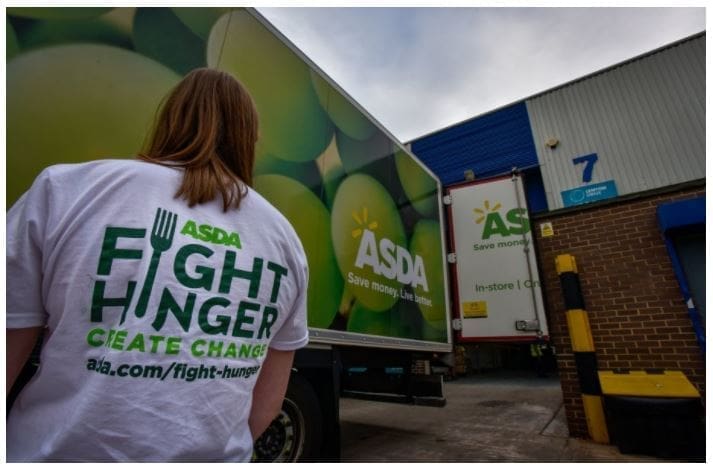
Sustainability is also a topic that will be relevant for Muslims at this time, particularly as food waste is something they’ve become more conscious of. Giving to sustainability causes, as well as advice on sustainable living will resonate.
Celebrate Eid with Muslims
Eid is the occasion where Muslims are encouraged to look their best, and after a month of fasting, it’s also a very big social occasion. ‘Get Ready for Eid’ campaigns will resonate with Muslims, and beauty/fashion collaborations are likely to appeal as many Muslims buy new clothes ahead of Eid. Gifting is also a big opportunity, and so Eid themed packaging as well as gift sets will appeal.
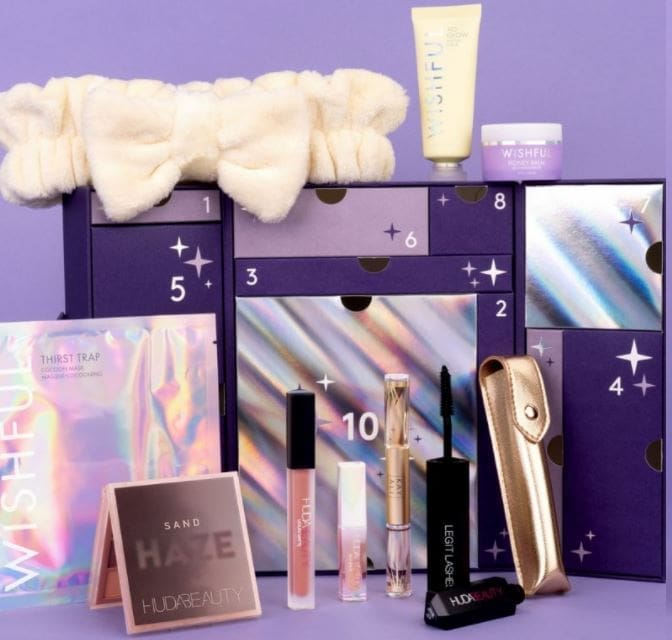
Muslims aren’t a monolith
It’s important for brands to understand that Muslims aren’t a homogenous group. In 2018, for example, MAC Cosmetics posted a tutorial on its Instagram titled ‘Get Ready for Suhoor’ aimed at Muslim consumers glamming themselves for the pre-dawn meal during Ramadan.
The campaign was mocked in the West, and many Muslim countries in the East, as pre-dawn is not only the last occasion most people want to wear makeup, but the time of Suhoor is also a significant time during the day of fasting where many Muslims focus on their spirituality. However, the campaign was aimed at Middle Eastern consumers, and in that region it is much more common to dress up for suhoor compared with other regions.
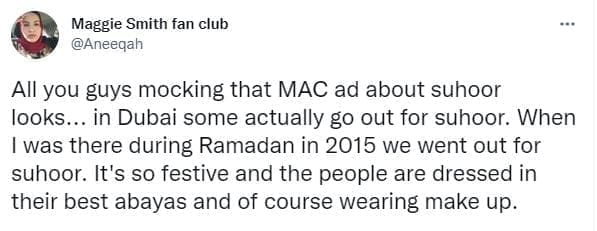
There is a perception that Muslims across the world all behave and think in exactly the same way, but there are many cultural and geographic nuances that have to be considered.
To read Roshida’s commentary in Cosmetics Business, please click here.

















